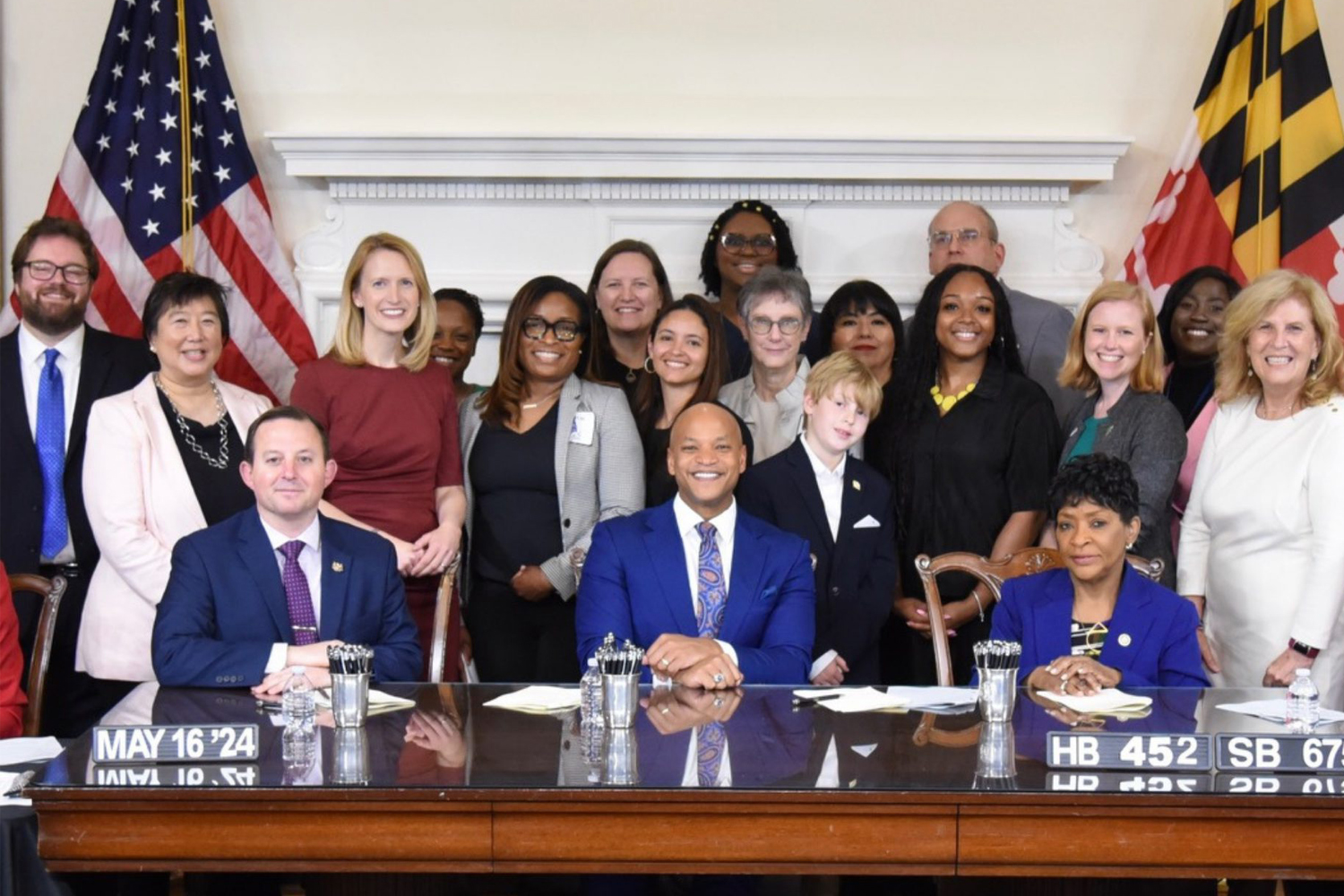The Maryland Society of Accounting and Tax Professionals (MSATP) has long been a stalwart advocate for ethical practices in the tax preparation industry. Our recent triumph in supporting the passage of the Stop Scam Tax Preparers Act (Senate Bill 675) underscores our commitment to protecting Maryland taxpayers from fraudulent tax preparers who exploit the most vulnerable populations.
The Need for the Stop Scam Tax Preparers Act
Fraudulent tax preparers pose a significant threat to the financial well-being of Marylanders, especially minorities, low-income families, and ethical tax professionals. These scam artists often promise inflated refunds or engage in other deceptive practices, leaving taxpayers to face the consequences of incorrect filings, including fines, audits, and even criminal charges. The Stop Scam Tax Preparers Act aims to curb these practices by instituting stricter regulations and enforcement mechanisms.
Key Provisions of the Act
The Act introduces several critical measures to ensure the integrity of tax preparation services in Maryland:
Code of Ethics and Professional Conduct: The State Board of Individual Tax Preparers is mandated to publish a comprehensive code of ethics and rules of professional conduct by January 1, 2026. This code will be developed with input from the tax preparer community to ensure it addresses real-world challenges and ethical considerations.
Enhanced Reporting and Enforcement: The Board is required to notify the Comptroller and the Field Enforcement Bureau of the Comptroller’s Office within five business days of any disciplinary action or alleged violation. This rapid reporting mechanism ensures swift action against violators.
Penalties for Violations: The Act introduces stringent penalties for tax preparers who engage in fraudulent activities or operate without proper licensing. Convicted individuals may face fines up to $10,000 or imprisonment up to five years, with each false return constituting a separate violation.
Support for Low-Income Taxpayers: Fines collected under the Act will be directed to the Tax Clinics for Low-Income Marylanders Fund. This fund supports legal clinics that assist low-income residents with tax-related issues, ensuring they have access to professional help and advocacy.
MSATP’s Role in Advancing the Legislation
MSATP’s journey from proposing the Stop Scam Tax Preparers Act to witnessing its passage has been marked by unwavering dedication and proactive advocacy.
Advocacy and Testimony
Gigi Hawkins testified before the legislative committees, sharing firsthand accounts and data on how fraudulent tax preparers exploit vulnerable communities. Her compelling testimony highlighted the need for robust regulatory frameworks and stringent enforcement to protect taxpayers and uphold the integrity of the tax preparation profession.
Collaboration and Support
MSATP collaborated with key stakeholders, including the Office of the Comptroller and the State Board of Individual Tax Preparers, to draft and refine the provisions of the Act. Our members provided valuable insights and feedback, ensuring the legislation addressed practical concerns and industry-specific challenges.
Raising Awareness
In addition to legislative advocacy, MSATP launched a comprehensive awareness campaign to educate the public and our members about the dangers of scam tax preparers. We organized workshops, published informative articles, and utilized social media to disseminate critical information on how to identify and avoid fraudulent tax services.
Celebrating the Passage
The passage of the Stop Scam Tax Preparers Act marks a significant victory for Maryland taxpayers and the tax preparation industry. On May 16, 2024, MSATP’s Executive Director Gigi Hawkins, Committee on Professional Regulation Chair Betty Stehman, Legislative Review Chair John Salan, and Committee on Professional Regulation member and Board Delegate Nicole Moore proudly attended Governor Wes Moore’s bill signing ceremony. Their presence at this momentous event underscored MSATP’s pivotal role in advocating for and securing the passage of this critical legislation.
Looking Ahead
The passage of the Stop Scam Tax Preparers Act is a significant victory for Maryland taxpayers and the tax preparation industry. However, our work is far from over. MSATP will continue to monitor the implementation of the Act, advocate for necessary adjustments, and provide ongoing support to our members and the broader community.
We remain committed to fostering an ethical, inclusive, and professional tax preparation environment in Maryland. Together, we can ensure that all Marylanders receive the honest, competent, and reliable tax services they deserve.



